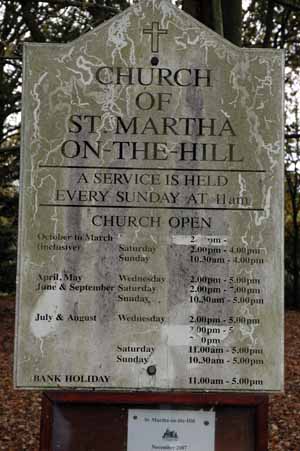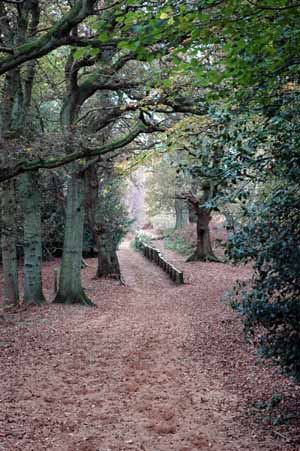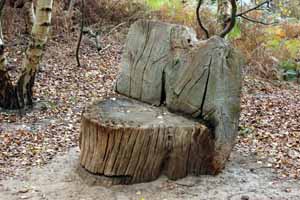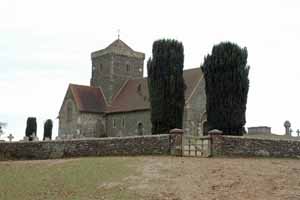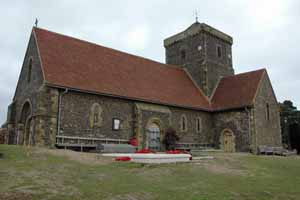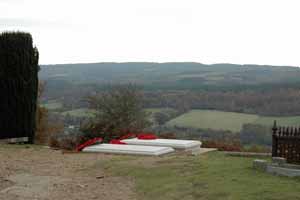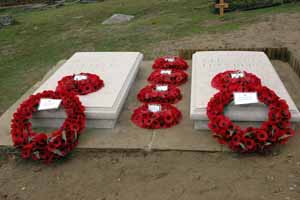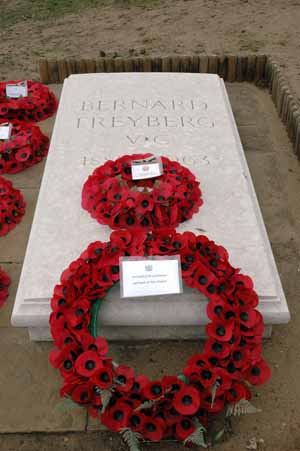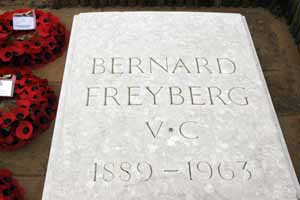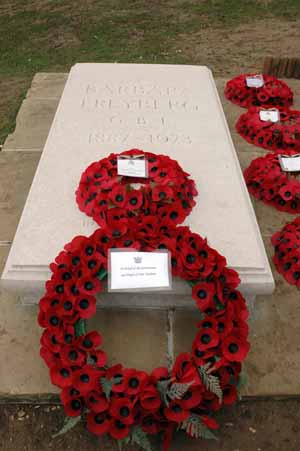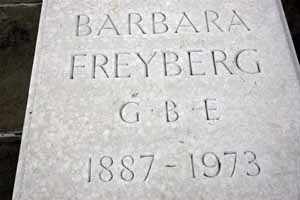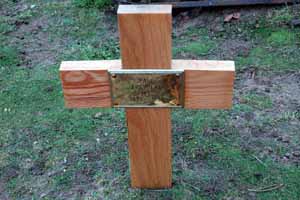|
Helen Clark
1 October, 2007
Commemoration Ceremony for Lord and Lady Freyberg, England
St Martha on the Hill
Chilworth, Surrey
Today we remember two people
whose lives were closely bound up with New Zealand. Bernard Freyberg
“spent almost exactly half his life in England, and the other half in
New Zealand or in the service of New Zealand”, as his son and
biographer the late Paul Freyberg noted.
Bernard Freyberg’s family
emigrated to New Zealand in 1891 when he was two years old. He went to
school in Wellington, became a dentist, and made his mark as a champion
swimmer. He also joined the Territorial Army, becoming a Second
Lieutenant in 1911. When war broke out in 1914, Freyberg immediately
made his way to Britain, where he obtained a commission in the Royal
Naval Division’s Hood Battalion. At Gallipoli in the early hours of 26
April 1915 he swam two miles to shore and back, in icy water, to set
diversionary flares in the Gulf of Saros. By the war’s end he had been
awarded the Victoria Cross for his conspicuous gallantry and leadership
in the Somme, in 1916, and a DSO and two bars. Two of Bernard’s
brothers died during the war.
Freyberg returned to New Zealand to see his family for just five weeks in 1921 while
recuperating from his many wounds. He would not do so again until 1939.
He remained with the British army, becoming a Major-General by 1934,
but a heart problem forced his premature retirement in 1937. He had
married Barbara in 1922 here at St Martha-on-the-Hill.
Freyberg
offered his services to the New Zealand government a few days after the
war began. He was appointed by Prime Minister Peter Fraser to command
both the Second New Zealand Expeditionary Force and its fighting force,
the 2nd New Zealand Division. Although 2NZEF served with British
forces, a special charter gave Freyberg discretion over the use of New
Zealand’s main fighting force.
In 1941 the division took part
in the Greek campaign, and on Crete Freyberg commanded all British,
Allied, and Greek forces. Popular with his troops, he moulded 2NZEF
into a superb fighting force and was an excellent divisional commander.
He led the troops from the front during the Desert campaign of 1941–43,
and his bravery under fire led Winston Churchill to describe him as
“the salamander of the British Empire”.
He later commanded the New
Zealanders during the Italian campaign, in which he played a prominent
part in the Battle of Cassino. His troops helped liberate several major
cities, including Florence, Venice and Trieste.
Lady Freyberg appointed an Officer of the Order British Empire (OBE) in 1943, made
a significant contribution to Welfare Branch of 2NZEF. Their son Paul
also served with the New Zealand forces
In 1946 Freyberg became Governor-General of New Zealand. Especially popular with returned
service personnel, Freyberg served until 1952, when he and Barbara
returned to Britain. He was created Baron Freyberg of Wellington, New
Zealand and of Munstead in the County of Surrey in 1951. Freyberg died
at Windsor in 1963 as a result of complications from an old Gallipoli
wound, and was buried here at St Martha’s.
Like many others who move
between our two countries, Bernard Freyberg was at home in both
environments. He understood and perhaps epitomised the similarities and
differences between us. As an adopted son of New Zealand, he served
both his countries superbly. It is fitting that we remember him today,
ninety years on from the >Passchendaele campaign in which he fought and was again wounded.
I close with the words of the
New Zealand writer Elsdon Best, which Paul Freyberg says were often
quoted by his father, Bernard. They were written in 1917 to mark the
death of Bernard’s brother Paul, who was a friend of Best’s. Paul died
fighting with the 1st New Zealand Division near Ypres.
Today the lonely winds are loose
And crying goes the rain.
While here we walk the field they knew
The dead who died in pain.
The fields that wait the slow hours long
For sounds that shall not come.
In other fields, in other earth
The laughing hearts are dumb.
|
